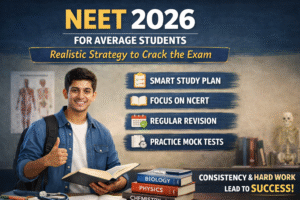1. Global Context
The world is in a period of transition and a crisis of the Western-led international order.
Western dominance, led by the U.S., is weakening:
Violations of international law, trade wars, misuse of sanctions, manipulation of global media, and destruction of environment have eroded trust.
The Global South is asserting independence, building resilience through local models, science, technology, and defence.
2. Civilisational Strength of Iran & India
Both are among the world’s oldest civilisations with deep cultural, spiritual, and intellectual traditions.
Shared values: peace, respect for nature, spirituality, self-reliance, and resistance to domination.
India’s history: anti-colonial struggle, leadership in the Non-Aligned Movement, defence of Global South rights.
Iran’s history: nationalisation of oil industry, Islamic Revolution, resistance to Western dominance.
Both have preserved independence and identity despite external pressures.
3. Challenges Faced
Iran: endured economic sanctions, terrorism, cognitive warfare, and constant foreign interference but never surrendered sovereignty.
India: faced unjustified external pressure and hostile measures but safeguarded its autonomy.
Both resisted dominance of powerful Western nations.
4. Opportunities for Cooperation
Now is the time for ancient civilisations to lead the Global South in building a just and humane order.
Areas of cooperation:
South-South partnerships (e.g., BRICS).
International North-South Transport Corridor (INSTC) – linking Eurasia, Caucasus, India, Africa.
Defence of human rights, spirituality, and environmental values.
Rejecting Western coercion in favour of participatory, independent global governance.
5. Palestine Issue
Central concern of the Global South.
Iran and Global South see Palestine as a struggle against occupation and expansionism.
Western hypocrisy evident: preach human rights but support Zionist expansion and instability in West Asia.
Iran and India stress justice, sovereignty, and rights of oppressed peoples.
6. The U.S. Factor
U.S. consistently intervenes in West Asia under the pretext of fighting terrorism but often pursues its own interests.
History of destabilising interventions in Iraq, Syria, Lebanon, Palestine, and Yemen.
Iran has firmly opposed U.S. interventions.
U.S. power seen as declining, giving way to emerging multipolarity.
7. Future Outlook
India & Iran can play a transformative role in shaping a new multipolar order.
Their partnership can:
Challenge Western dominance.
Promote independence, mutual respect, spiritual values, and cooperation.
Build a world order based not on domination, but on participation, human dignity, and justice.
Ancient civilisations are becoming torchbearers of the new world order.
✅ Conclusion:
India and Iran, as ancient civilisations with modern resilience, have the potential to lead the Global South towards a multipolar, participatory, and just world order. Their cooperation in BRICS, INSTC, and regional diplomacy could redefine geopolitics, balancing Western influence with a civilisational model rooted in justice, sovereignty, and respect for humanity.








